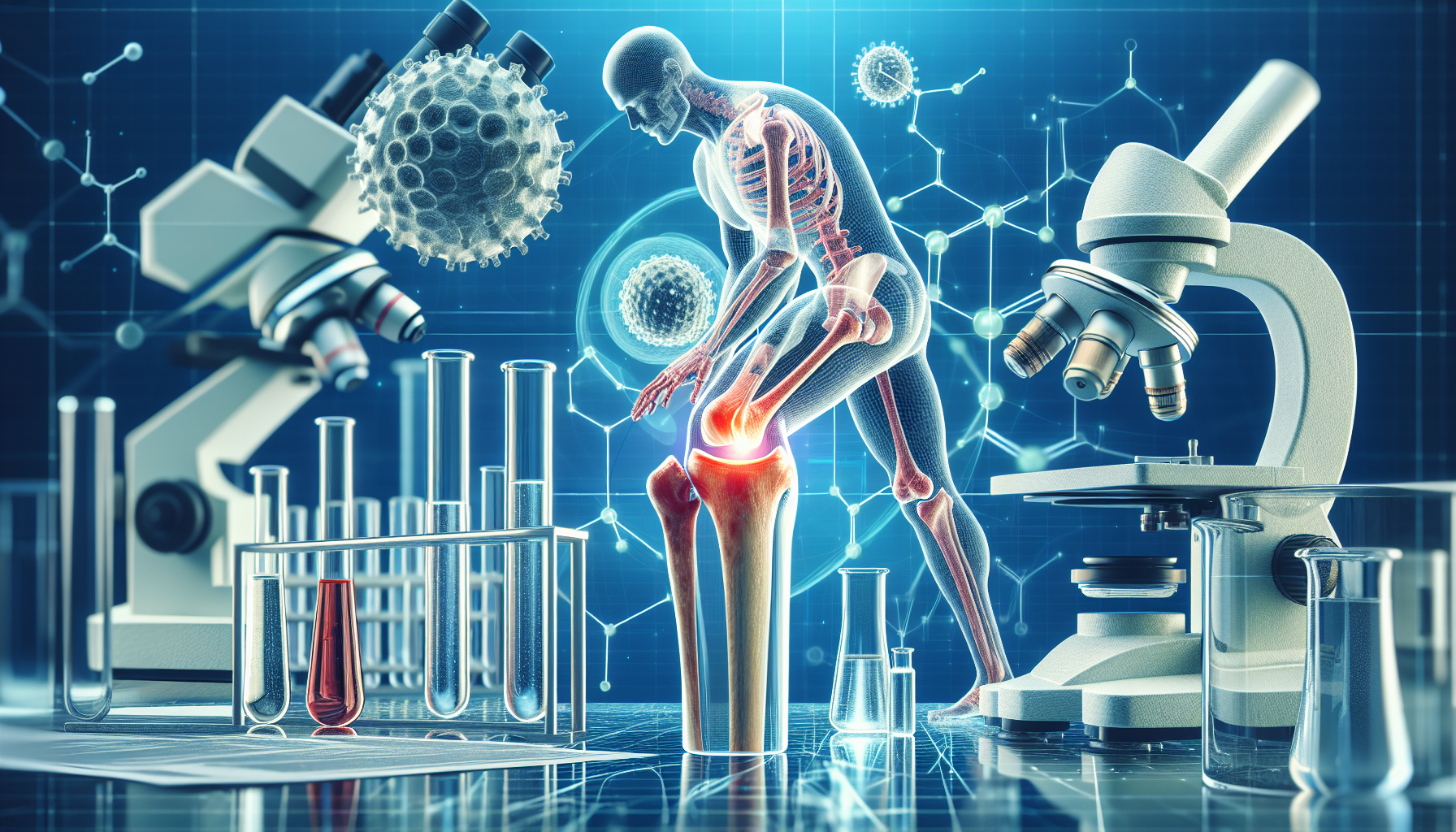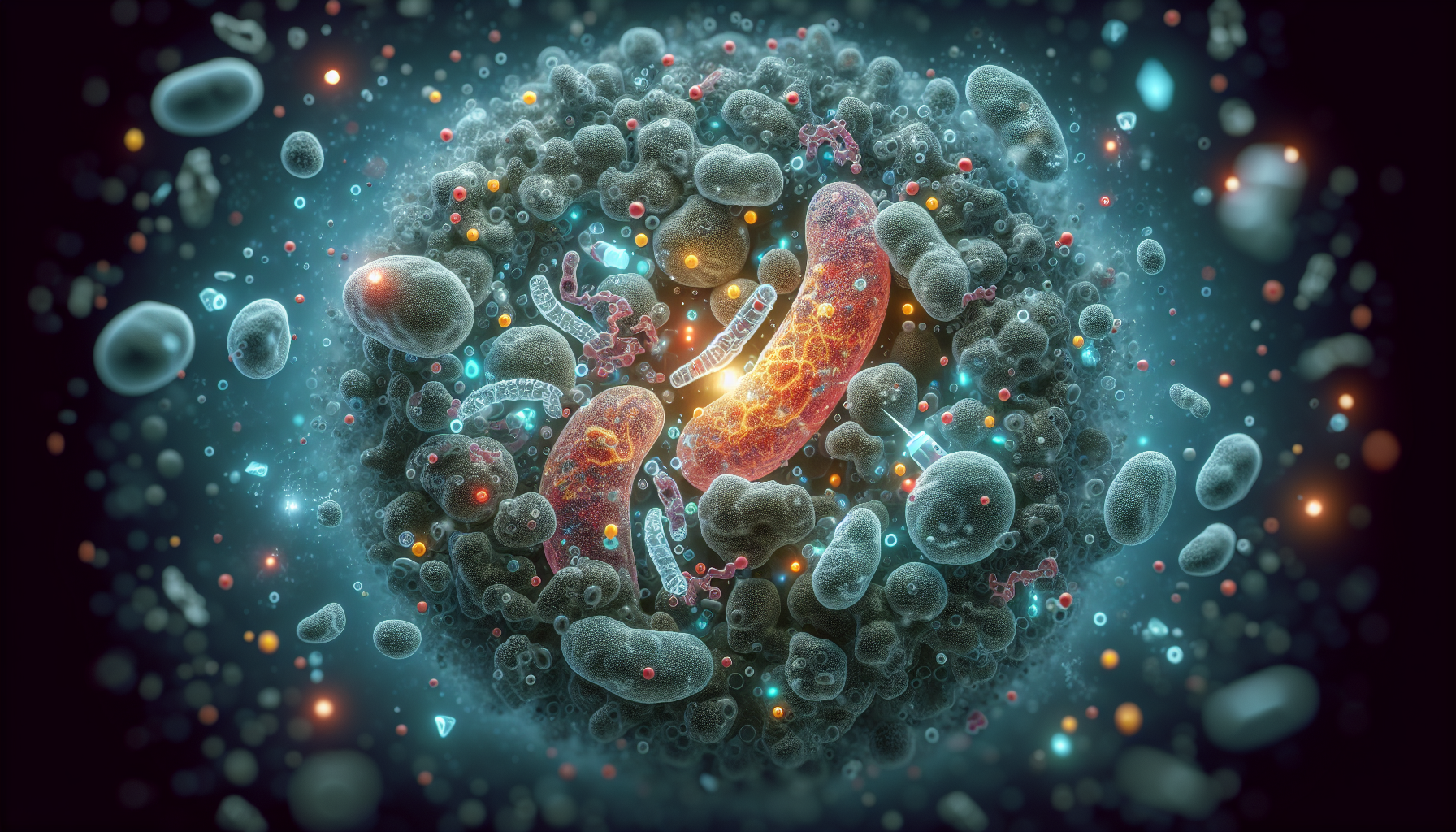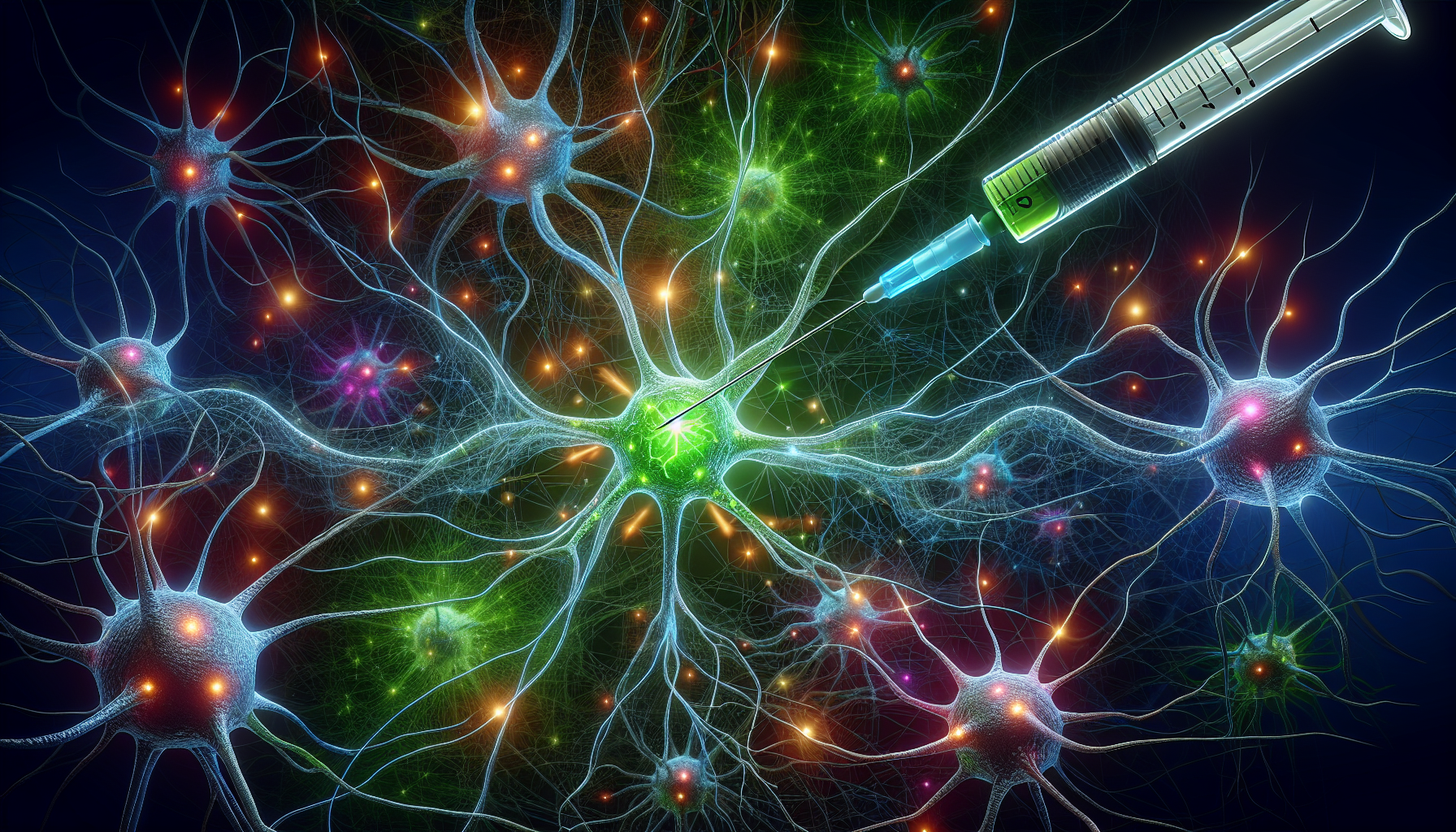New Hope for Autoimmune Disease: The Promise of LBL-047 Unveiled
Key Takeaways
- LBL-047 shows promise in treating autoimmune diseases by targeting B cells and pDCs.
- Its long-acting design enhances patient compliance by reducing dosing frequency.
- Leads Biolabs is committed to advancing LBL-047 through clinical trials.
Did You Know?
Introduction to LBL-047: A Revolutionary Drug Candidate
The recent European League Against Rheumatism (EULAR) Congress in Vienna became the stage for Nanjing Leads Biolabs Co., Ltd. (Leads Biolabs) to unveil their groundbreaking therapeutic candidate LBL-047. This long-acting TACI/BDCA2 bispecific antibody fusion protein marks a promising frontier in the treatment of autoimmune diseases.
LBL-047’s unique composition includes a Transmembrane Activator and Calcium Modulator and Cyclophilin Ligand Interactor (TACI) domain, combined with an antibody targeting Blood Dendritic Cell Antigen 2 (BDCA2). Its design incorporates the YTE mutation to prolong the half-life in circulation, resulting in lesser dosing frequency and better patient adherence.
Mechanism of Action: Targeting B Cells and pDCs
Autoimmune diseases often involve the dysregulation of B cells and plasmacytoid dendritic cells (pDCs). LBL-047 addresses this by inhibiting B cell function and depleting interferon-secreting pDCs simultaneously. The engineered TACI domain traps BAFF (B cell activating factor) and APRIL (a proliferation-inducing ligand), which are crucial cytokines for B cell survival and function.
Concurrently, BDCA2 is expressed on pDCs, and LBL-047's BDCA2-targeting antibody prevents interferon release, further lowering immune responses. Notably, this dual action mechanism amplifies its potential therapeutic impact across various autoimmune conditions.
Preclinical Success: Promising Results and Implications
In preclinical trials, LBL-047 has shown remarkable pharmacokinetic properties and substantial inhibitory effects on B cells and pDCs. Such properties point to its potential utility in treating Systemic Lupus Erythematosus (SLE), Cutaneous Lupus Erythematosus (CLE), Lupus Nephritis (LN), Sjogren's Syndrome, and Myasthenia Gravis.
These promising results position LBL-047 as an optimal candidate for subsequent clinical trials and commercial development, potentially revolutionizing the treatment landscape for autoimmune diseases.
Advantages of Long-Acting Therapeutic Agents
The innovative design of LBL-047 includes modifications that prolong its half-life through the YTE mutation in its Fc region. This leads to extended dosing intervals, reducing the treatment burden on patients and enhancing overall compliance. Long-acting therapeutic agents like LBL-047 could lead to improved patient outcomes by ensuring consistent therapeutic levels are maintained.
Furthermore, long-acting therapies may also help in reducing healthcare costs by minimizing the frequency of hospital visits and associated medical expenses.
Future Steps: From Preclinical to Clinical Trials
Currently in the preclinical research stage, LBL-047 is poised for the next phase of development. The transition to clinical trials will be closely monitored, with the potential to validate its efficacy and safety in human subjects.
Leads Biolabs has expressed a strong commitment to driving the swift and efficient development of LBL-047 to address the unmet medical needs of patients with autoimmune diseases.
Expert Insights and Industry Impact
Huang Xiao, Vice President of Discovery Research at Leads Biolabs, lauded the unique design and comprehensive preclinical data of LBL-047. The presentation at EULAR 2024 has brought significant attention to this innovative treatment, reflecting Leads Biolabs' in-depth understanding of autoimmune mechanisms and their strategic innovation in antibody engineering.
The introduction of LBL-047 echoes the philosophy of Leads Biolabs: 'care for life, focus on innovation, and win-win cooperation.' The company aims to offer safer and more effective treatment options through continuous research and development.
Conclusion: A Bright Future Ahead
With the success of LBL-047 in preclinical studies, there is optimism in the field of rheumatology and immunology for its potential to manage and treat complex autoimmune diseases effectively. As we await further clinical data, LBL-047 stands as a beacon of hope for patients and healthcare providers alike.
The journey from discovery to clinical application is a testament to the relentless pursuit of innovation in biopharmaceutical research and its promising potential to transform patient lives.
About Leads Biolabs
Nanjing Leads Biolabs Co., Ltd. is at the forefront of biotechnology innovation with a robust R&D pipeline focused on oncology, autoimmunity, and ADC molecules. The company is dedicated to providing accessible and effective treatments for patients worldwide.
References
- Leads Biolabs Official Websitehttps://www.leadsbiolabs.com
- EULAR 2024 Congresshttps://www.eular.org
- Autoimmune Disease Researchhttps://www.ncbi.nlm.nih.gov/pmc/articles/PMC6023792/






